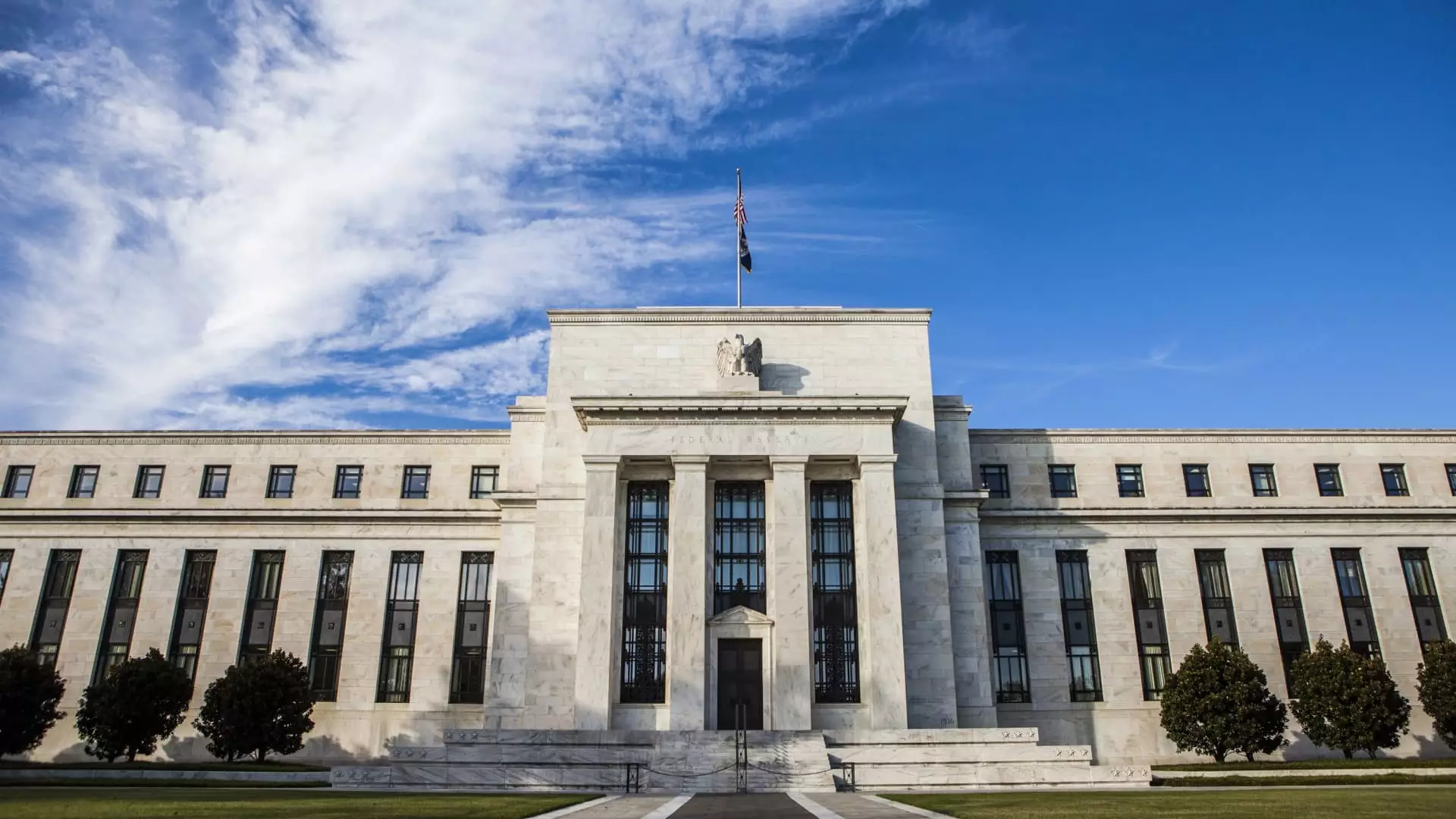In a dramatic turn of events, a coalition comprising prominent banks and financial associations has initiated legal action against the Federal Reserve. This unusual cooperation brings together the Bank Policy Institute (BPI), which represents major financial institutions such as JPMorgan Chase, Citigroup, and Goldman Sachs, alongside organizations like the American Bankers Association and various local business groups. The plaintiffs assert that the annual bank stress tests conducted by the Fed violate federal law by not allowing sufficient public input. This lawsuit aims to challenge the legitimacy of these evaluations, suggesting they produce unstable and ambiguous requirements regarding bank capital reserves.
Why Stress Tests Matter
The Federal Reserve’s stress tests serve a critical function within the financial ecosystem, designed to ensure that banks can endure potentially catastrophic economic scenarios. These tests require financial institutions to sustain adequate capital buffers, thereby safeguarding against the fallout from loan defaults during economic downturns. Beyond preserving stability, these assessments also dictate the extent of share buybacks and dividend distributions, ultimately affecting shareholder confidence. However, critics argue that the current framework lacks clarity and consistency, leading to uncertainty that can hinder lending and economic expansion.
In the aftermath of the initiated lawsuit, the Federal Reserve responded with a public commitment to revamping its stress test processes. As part of an ongoing effort to improve transparency, the Fed acknowledged the necessity for public commentary in light of evolving legal requirements. Despite this willingness for reform, the specifics of any proposed changes remain elusive. The Fed has emphasized that recent modifications are not intended to significantly alter overall capital requirements, prompting skepticism among banking leaders about whether the anticipated changes will alleviate concerns over excessive capital restrictions.
Industry Reactions and Next Steps
In light of the Fed’s announcement, BPI CEO Greg Baer expressed cautious optimism, recognizing the move as an important step towards greater accountability from the central bank. However, Baer’s reaction hints at possible escalatory measures, asserting that the banking industry will continue to scrutinize these developments closely. This sentiment reflects a broader unease within financial circles, as many stakeholders maintain that these regulatory measures may impose undue strain on lending practices, ultimately stifling economic growth.
The legal dispute over stress tests is emblematic of a larger tension between regulatory frameworks and industry practices. As financial institutions continue to grapple with compliance and operational efficiency, the concern remains that stringent regulations could deter risk-taking and inhibit financial innovation. The implications of this ongoing battle could reshape the regulatory landscape, potentially ushering in more collaborative approaches between banks and regulators. Nevertheless, for many, the question remains whether the proposed changes will yield meaningful reforms or if they will merely serve as a stopgap in an ever-evolving financial environment.

